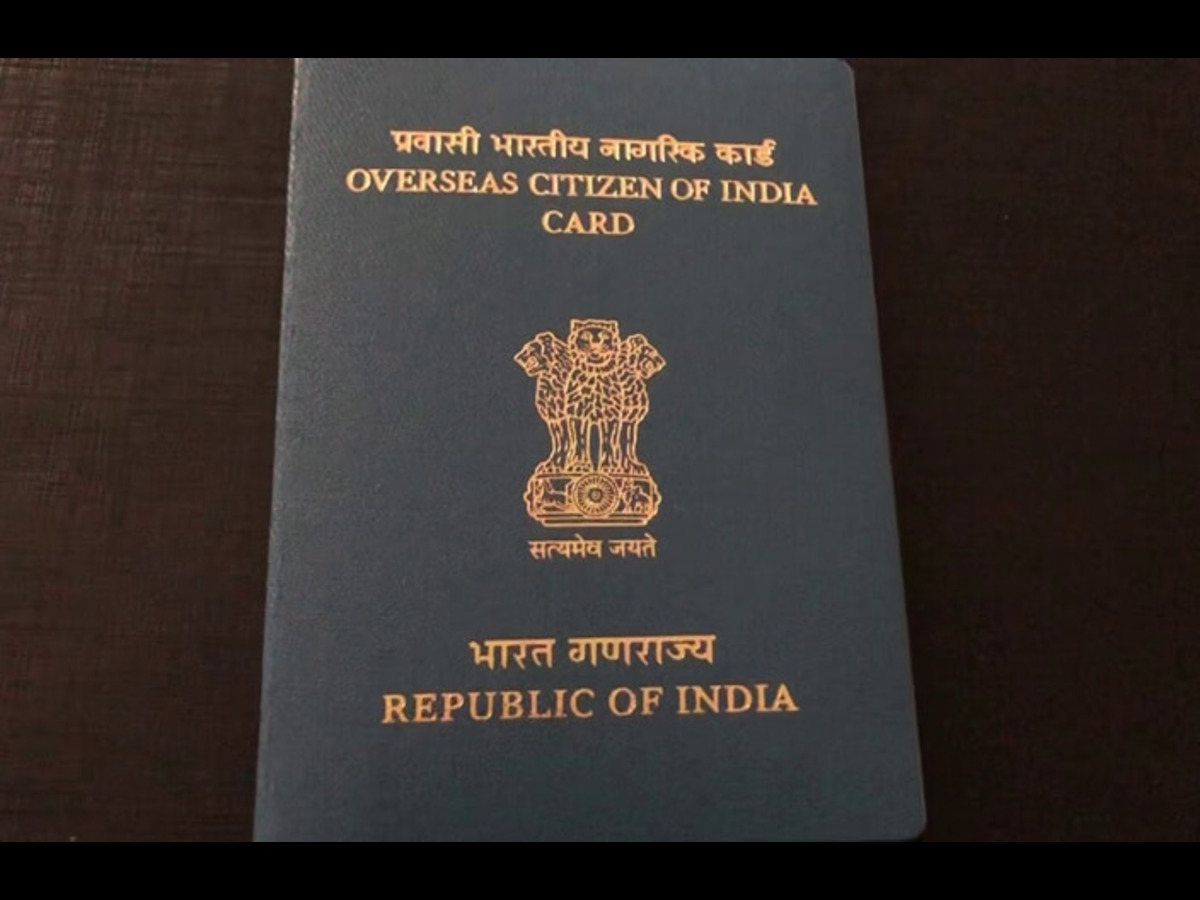The Indian government has issued a gazette notification amending the criteria for revoking an Overseas Citizen of India (OCI) card. Going forward, OCI holders who are convicted and sentenced to at least two years in prison or who face charges involving offenses punishable by seven years or more may have their OCI registration cancelled under Section 7D(da) of the Citizenship Act, 1955.
Introduced in August 2005, the OCI scheme grants persons of Indian origin who are foreign citizens visa-free entry, residence, and other privileges such as property ownership (excluding agricultural land) though it does not confer voting rights or public office eligibility. The new directive is designed to preserve the integrity of the OCI status and is seen as a step to bar individuals with serious criminal involvement from enjoying its benefits.
According to the Ministry of Home Affairs, the changes empower authorities to act when court proceedings result in a jail sentence of two or more years or where a person has been named in a charge sheet for offenses carrying a penalty of seven years or more.
Legal experts note that the amendment underscores a zero‐tolerance approach toward serious criminal conduct among OCI cardholders. Critics, however, warn about possible blanket application and lack of clarity on due process safeguards, such as opportunities for affected individuals to be heard before cancellation.
Advocates also cite past controversies where high-profile OCI revocations sparked legal challenges and debate. For example, academic Ashok Swain successfully contested the cancellation of his OCI in court, highlighting the legal complexities at play.
With this regulatory overhaul, OCI cardholders who face serious criminal allegations or convictions may find their status and travel privileges abruptly in jeopardy.







